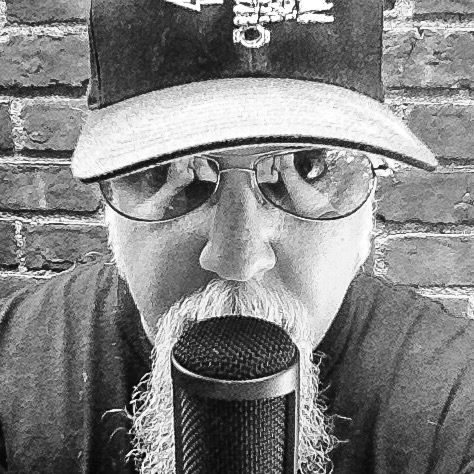Song Facts: The Beatles — "Help!"

When recording With The Beatles, producer George Martin frequently bounced tracks from one two-track tape recorder to another in order to add additional overdubs.
The technique became less necessary when Abbey Road began making four-track recorders available to The Beatles around the time of A Hard Day's Night.
Soon their appetite for more and more tracks increased, and the technique returned when it became a necessity while recording the song "Help!"
The Beatles might not have actually needed to apply this technique if George Harrison hadn't had difficulty playing his descending guitar fills when the band was recording backing tracks. Instead of ruining an otherwise perfect take, he opted to stop playing when the riff was supposed to be played and decided to record the fills separately as an overdub.
However, as the recording session progressed, the remaining open tracks were filled with vocals and there wasn't even room to punch in Harrison's guitar part.
Martin realized that the only way to add Harrison's guitar was by combining tracks while transferring them to another four-track recorder. He left track 1 (drums, bass) and track 2 (acoustic and electric guitars) the same but combined the lead and backing vocals and percussion parts on tracks 3 and 4 to a single track.
Although Harrison still struggled with the part for several takes, having an entirely free track to record on allowed him to work on each section separately until he perfected it, without having to worry about affecting or ruining the other performances.
Get The Pick Newsletter
All the latest guitar news, interviews, lessons, reviews, deals and more, direct to your inbox!
While the technique of transferring tracks between two four-track machines offered the potential for freeing up one, two or even three additional tracks, The Beatles only used it one other time during 1965, while recording the Rubber Soul track "Michelle."
RECORDED: April 13, 1965, Abbey Road Studio Two
Chris is the co-author of Eruption - Conversations with Eddie Van Halen. He is a 40-year music industry veteran who started at Boardwalk Entertainment (Joan Jett, Night Ranger) and Roland US before becoming a guitar journalist in 1991. He has interviewed more than 600 artists, written more than 1,400 product reviews and contributed to Jeff Beck’s Beck 01: Hot Rods and Rock & Roll and Eric Clapton’s Six String Stories.


![John Mayer and Bob Weir [left] of Dead & Company photographed against a grey background. Mayer wears a blue overshirt and has his signature Silver Sky on his shoulder. Weir wears grey and a bolo tie.](https://cdn.mos.cms.futurecdn.net/C6niSAybzVCHoYcpJ8ZZgE.jpg)

![A black-and-white action shot of Sergeant Thunderhoof perform live: [from left] Mark Sayer, Dan Flitcroft, Jim Camp and Josh Gallop](https://cdn.mos.cms.futurecdn.net/am3UhJbsxAE239XRRZ8zC8.jpg)





